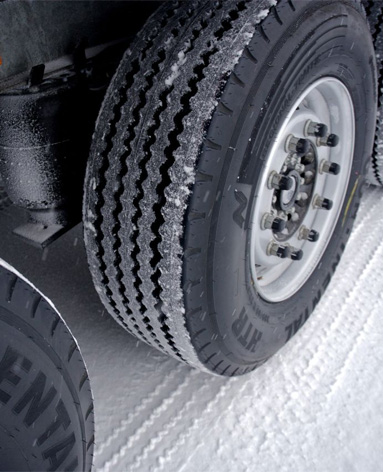Nov . 08, 2024 11:20 Back to list
Brake Drum Balancing Equipment for Precision Automotive Maintenance and Performance Optimization
Brake Drum Balancing Machines Ensuring Performance and Safety
In the world of automotive repair and maintenance, the precision of components is crucial for ensuring vehicle safety and performance. One of the key components that require meticulous attention is the brake drum. Brake drums, which are essential for the braking systems in many vehicles, need to be well balanced to ensure optimal performance. This is where a brake drum balancing machine comes into play.
Understanding Brake Drums
Before delving into the machinery involved, it's important to understand what brake drums are and their role in a vehicle's braking system. Brake drums are cylindrical components that house the brake shoes and work by converting the kinetic energy of the vehicle into thermal energy through friction. When the brake pedal is engaged, the brake shoes press against the inside of the brake drum, creating friction that slows down the vehicle. If the brake drum is not balanced properly, it can lead to uneven wear, increased braking distances, and even brake failure.
The Importance of Balancing
The balancing of brake drums is critical for several reasons. First, an unbalanced brake drum can cause vibrations during braking, leading to a less smooth driving experience. These vibrations can also affect the longevity of other vehicle components, such as the suspension system. Secondly, an imbalanced drum can lead to uneven wear on the brake shoes, requiring more frequent replacements and increased maintenance costs. Most importantly, safety is paramount; imbalanced brake drums can increase stopping distances and potentially lead to accidents.
How Brake Drum Balancing Machines Work
Brake drum balancing machines are specialized equipment designed to identify and correct imbalances in brake drums. These machines use advanced technology to measure the weight distribution around the drum and pinpoint any discrepancies. The balancing process typically involves the following steps
1. Mounting the Drum The brake drum is securely mounted onto the balancing machine. 2. Initial Measurement The machine then spins the drum at various speeds, measuring any vibrations that occur. It identifies the center of gravity and notes any heavy spots.
brake drum balancing machine

3. Adjustment Based on the measurements taken, weights or material may be added or removed from specific areas of the drum to achieve a balanced condition.
4. Final Testing Once adjustments are made, the machine performs another round of tests to confirm that the brake drum is now properly balanced.
This process not only ensures the brake drums are balanced but also extends their service life and enhances vehicle safety.
Benefits of Using a Brake Drum Balancing Machine
Investing in a brake drum balancing machine provides numerous benefits for automotive repair shops and vehicle owners alike. For repair shops, having the capability to balance brake drums in-house can improve efficiency, reduce turnaround times, and enhance customer satisfaction. It allows mechanics to offer a comprehensive service that guarantees the quality of the brake system.
For vehicle owners, balanced brake drums mean safer driving. It minimizes the chances of brake failure and reduces overall maintenance costs by prolonging the lifespan of brake components. Furthermore, it enhances the comfort of driving, making for a smoother ride.
Conclusion
In conclusion, brake drum balancing machines are vital in the automotive repair industry. They play a crucial role in ensuring that brake drums are functioning optimally, which directly impacts vehicle safety and performance. As the automotive industry evolves, the importance of technology in maintenance practices will only grow. By investing in specialized equipment such as brake drum balancing machines, repair facilities can ensure that they maintain high standards of safety and efficiency. Ultimately, this not only benefits the technicians in their work but also contributes to safer roads for everyone.
-
Scania Brake Drums: OEM Quality for Optimal Safety & Durability
NewsAug.16,2025
-
R.V.I: Advanced Remote Visual Inspection for Precision
NewsAug.15,2025
-
Discover HYUNDA: Innovative Vehicles, Equipment & Solutions
NewsAug.14,2025
-
R.V.I: Unlock Advanced Insights & Real-time Performance
NewsAug.13,2025
-
Kamaz Brake Drum: Durable & Reliable for Heavy Duty Trucks
NewsAug.12,2025
-
Heavy Duty Iveco Brake Drum - Premium Quality & Safety
NewsAug.11,2025
